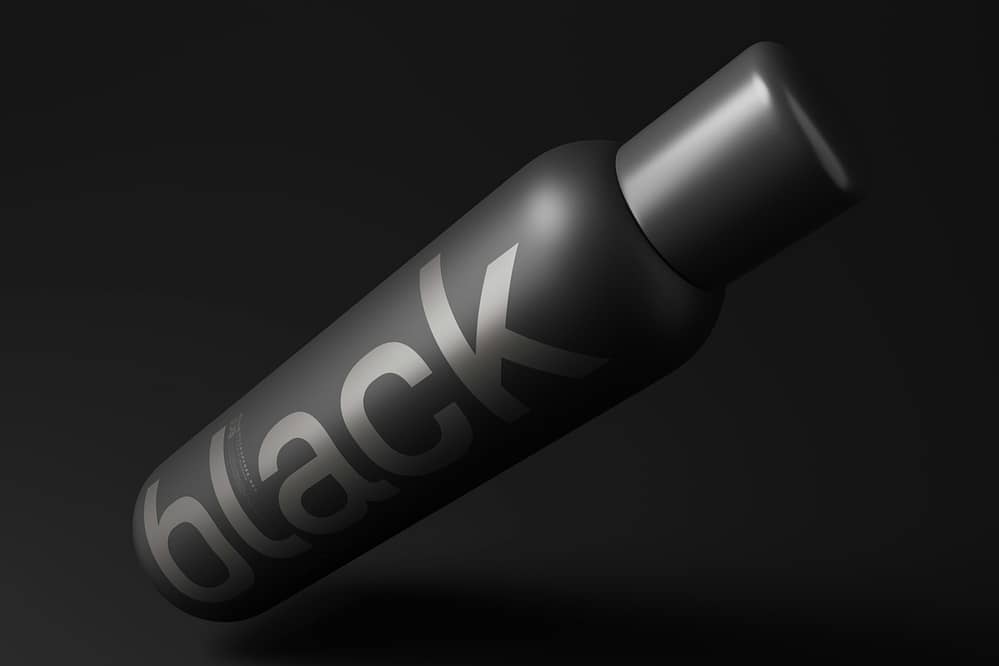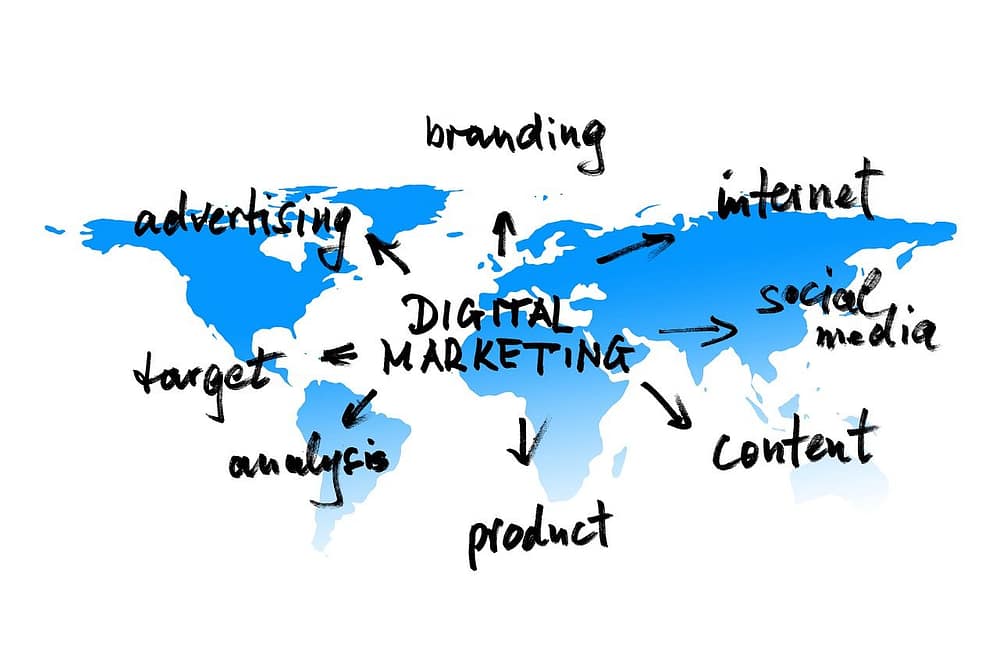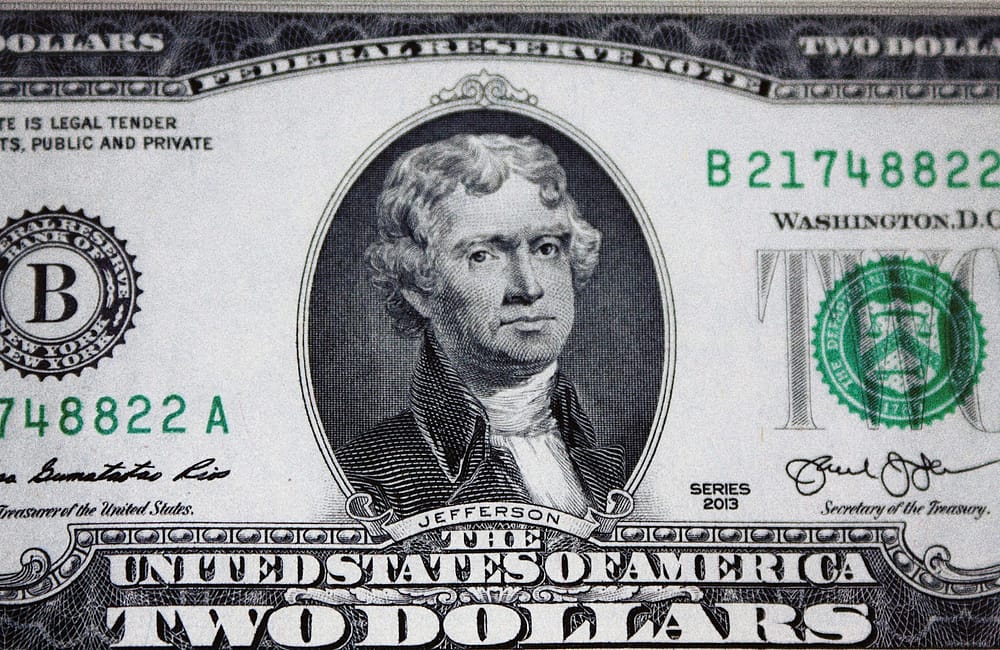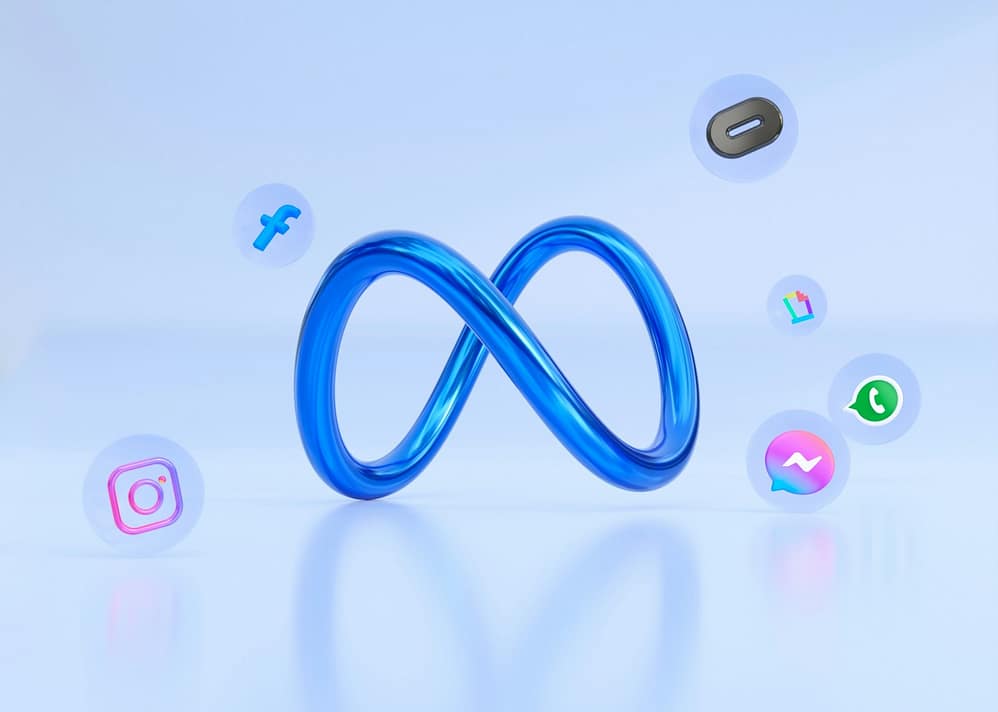What Is Blackheart Marketing?
For Beginners, With Laughs and Lessons Along the Way
So, you’ve heard whispers in the digital alleyways about Blackheart Marketing and you’re thinking:
“Is it a pirate crew? An underground SEO cult? A marketing team led by Darth Vader?”
Table of Contents
Close. But not quite.
Blackheart Marketing isn’t a secret society… although sometimes it feels like it. It’s bold, it’s rebellious, it’s unconventional—and it’s shaking up the marketing world in ways most traditional marketers wouldn’t dare.
If you’re a beginner in digital marketing, don’t worry—you won’t need a black cape or spiked boots to get started. But you will need curiosity, a willingness to take risks, and maybe a sense of humor.
Let’s break it down—humor first, jargon later—and see what makes Blackheart Marketing tick, why it works, and how you can try it safely (without burning your brand down).
First Things First: What Is Blackheart Marketing?
The name Blackheart Marketing sounds like something straight out of a villain’s LinkedIn profile. But it’s not a black market for Facebook ads, I promise.
Blackheart Marketing is usually either:
- A company or brand with a rogue marketing style, or
- A marketing mindset focused on breaking the rules, standing out, and creating bold campaigns that grab attention.
Think of it as the punk rock of promotion—the anti-suit-and-tie version of your usual buttoned-up marketing agency.
If traditional marketers are writing love letters to Google’s algorithm, Blackheart Marketers are sending flaming paper planes through the window. And no, eyeliner is optional.
Want to learn more about marketing fundamentals before diving into edgy campaigns? Check out this guide to marketing & SEO for beginners.
Wait, Is This Legal? Or Just Edgy?
Good question. “Blackheart” doesn’t mean “black hat” (which refers to unethical SEO tactics). In fact, Blackheart Marketing doesn’t have to be shady—it’s more about attitude than legality.
For example:
- Traditional: “Let’s A/B test email headlines for 90 days.”
- Blackheart: “Let’s send one email that scares them, delights them, and gets a 90% open rate.”
Big difference.
Some Blackheart tactics flirt with ethical boundaries (think spicy social media copy), but most are simply about being brave, bold, and unapologetically human.
Characteristics of Blackheart Marketing (Grab Your Coffee)
Here’s where it gets fun. Blackheart Marketing isn’t just a strategy—it’s a personality. Let’s break down its key traits, with examples and tips for beginners.
1. Disruption Over Tradition
Blackheart Marketing doesn’t do “what everyone else is doing.” If everyone’s tweeting cat memes, Blackheart marketers are creating a viral campaign with a talking llama wearing sunglasses.
Traditional Marketing:
- Follow best practices.
- Play it safe.
Blackheart Marketing:
- Break the rules.
- Shock, amuse, or surprise your audience.
The first time I saw a Blackheart-style ad, it screamed, “BUY THIS OR DIE BORED.” I didn’t buy the product… but I remembered it three years later. That’s branding with brass knuckles.
How to Try It:
- Pick one campaign or post.
- Twist a common idea in a bold or funny way.
- Observe engagement. Did people notice you? Good.
2. Emotional Hooking
Blackheart marketers sell emotions, not products. Think gut punches, not bullet points.
They aim to:
- Trigger curiosity
- Provoke reactions
- Make audiences feel something—even mild irritation works (attention is attention)
Example: “Warning: Reading this email may cause extreme success. Side effects include money, fame, and slightly smug confidence.”
I once copied a subject line from a Blackheart campaign: “STOP. This Is Not a Drill.” Open rates tripled. Half thought it was spam; the other half bought something. Success.
Pro Tip: Test emotional hooks in small campaigns first. You can’t predict reactions 100%, but testing keeps risk manageable.
3. Unfiltered, Human Language
Forget jargon. Forget robotic corporate-speak. Blackheart Marketing speaks like a real person—sometimes snarky, sometimes hilarious, always relatable.
Instead of:
“We offer scalable growth solutions for digital-first brands.”
They say:
“We help you make more money without boring your audience to death.”
Tips for Beginners:
- Write like you talk.
- Sprinkle humor, pop culture, or casual references.
- Be bold—but tasteful. Swear words can work like spice.
For more tips on writing relatable content, check out how to create content people actually read.
4. High-Risk, High-Reward Strategy
Blackheart marketers embrace risk. Sometimes campaigns flop. Sometimes they go viral.
What they do:
- Launch controversial campaigns
- Break design norms
- Use storytelling that’s painfully honest or absurd
- Build landing pages that feel like comedy routines
A friend designed a deliberately “ugly” website as a joke. It went viral, got press coverage, and drove $20K in sales. Sometimes breaking all the rules pays off.
Tip: Start with a small, low-stakes campaign to test risk tolerance.
5. Audience Over Algorithm
Yes, SEO matters—but humans come first. Engagement beats technical perfection.
Instead of:
“How do we rank on Google?”
They think:
“How do we slap people awake with value, humor, or controversy?”
Algorithms follow humans. Focus on audience experience and watch results improve.
6. Brutal Honesty
Blackheart Marketing thrives on raw truth—polish-free, sometimes uncomfortable.
Examples:
- “This course is not for lazy people.”
- “Our product isn’t perfect, but better than what you’re using now.”
- “99% of marketers lie to you. Here’s the 1% who don’t.”
Honesty builds trust fast. It feels refreshing in a world of fake perfection.
7. Storytelling That Breaks Rules
Forget the 3-paragraph format. Blackheart stories zigzag, explode, use CAPS LOCK, emojis, GIFs, and sometimes break the fourth wall.
Example:
“I once spilled coffee on a $3,000 ad campaign and somehow made a profit.”
Pro Tip: Make stories cinematic. Use humor, suspense, or absurdity—but tie it back to your product or message.
Who Uses Blackheart Marketing?
- Startups That Want to Stand Out: Limited budget? Attitude counts.
- Creators Who Are Tired of Fake Vibes: Bloggers, solopreneurs, and influencers who want connection.
- Brands That Want Buzz: Viral campaigns require risks.
- Marketers Bored of Safe Stuff: Fun can be profitable too.
The Dark Side: Risks of Going Full Blackheart
- Backlash: Bold messaging can offend some people.
- Inconsistency: Don’t fake the voice; authenticity matters.
- Not for Every Industry: Funeral homes and insurance may need subtlety.
- Platform Bans: Aggressive copy may be rejected by networks like Facebook.
I once wrote a knife ad starting with “Cuts through lies and tomatoes.” Facebook rejected it—but conversions on the landing page soared.
How to Try Blackheart Marketing Safely
- Start With One Campaign: Test the waters.
- Know Your Audience: If they get it, great. If not, adjust.
- Be Authentic: Don’t fake being edgy.
- Use Humor Wisely: Funny is good, confusing is not.
- Track Everything: Engagement and conversions tell the story.
FAQ: Blackheart Marketing for Beginners
Q: Is Blackheart Marketing only for big brands?
A: Nope. Small startups and solo creators often benefit most.
Q: Can it work in all industries?
A: Not always. Some niches need caution.
Q: How do I know if it’s too edgy?
A: Test, measure, and listen to your audience. Reactions guide you.
Q: Do I need a huge budget?
A: Creativity matters more than cash. Many viral campaigns cost very little.
Final Thoughts
Marketing isn’t just funnels and metrics—it’s human connection. Blackheart Marketing? It’s human connection… wearing leather pants and holding a megaphone.
Break a rule or two. Make ‘em laugh. Make ‘em think. Don’t be boring.
Helpful Resources:
- Marketing & SEO for Beginners
- Technical SEO Guide
- Black Hat SEO Explained
Hi, I’m Prince Stephen Mordi, the mind behind Voob.com.ng. I write simple, beginner-friendly guides on tech, blogging, and making money online. My goal is to help you navigate the internet without headaches—because tech doesn’t have to be complicated!





